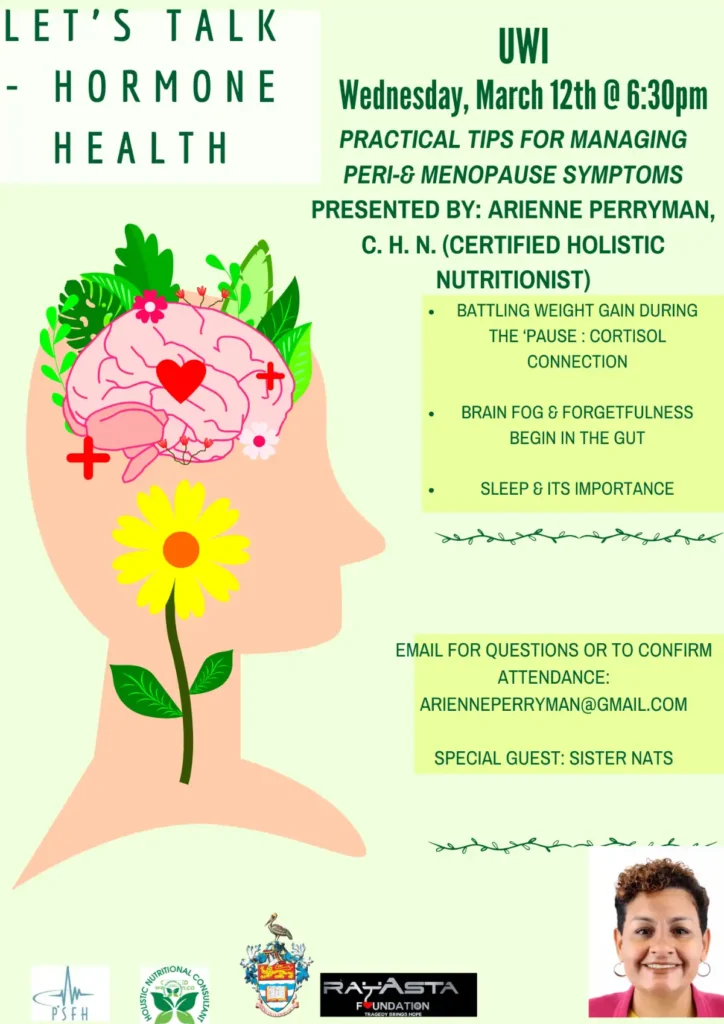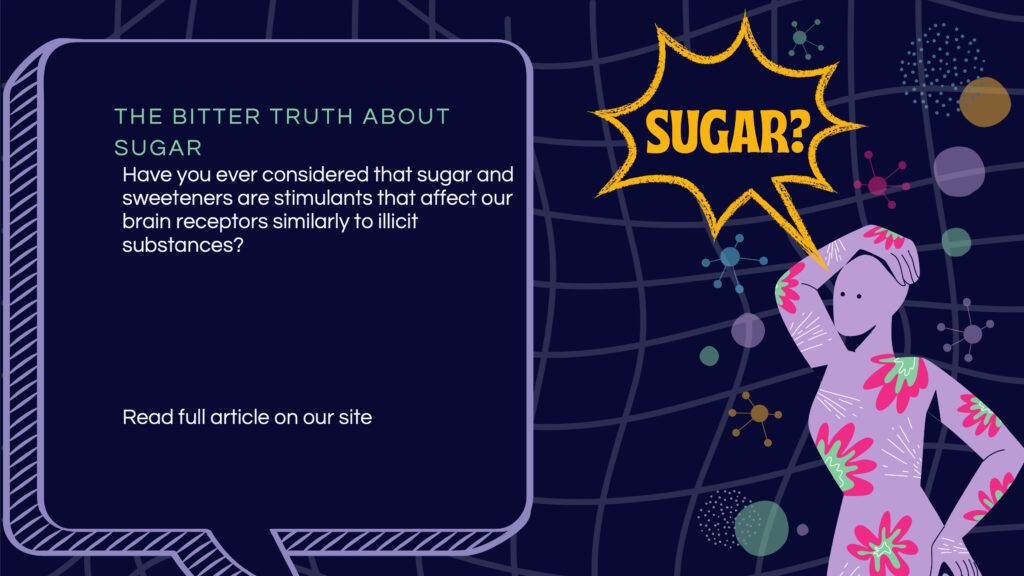
Closing off the Carnival Season brings us right to the door of International Women’s Day, celebrated on March 8th. Interestingly enough, Lent observed by Christianity and Ramadan observed by Muslims converge at the same time this year, both religions during this specific period prescribe sacrifice and fasting which intensify our life forces that connect us to spirituality. This for me begs the question, are we as different as made to believe? The sacrifice and fasting practiced during this period serve both our physical needs and strengthen our connection to all that is unknown. Whilst, modern societies may interpret the abstaining as archaic, the practice of denying our bodies nourishment have historically perpetuated stronger more efficient humans with improved resting heart rates, lower blood-glucose scores and metabolically stronger systems. So much so, that fasting and intermittent fasting, whilst controversial has become a super-tool for many population sub-sectors including perimenopausal and menopausal women.
There is no consequence that International Women’s Day falls herein, there are so many aspects related to women (in politics, technology, arts & culture and more) that we could choose to acknowledge and celebrate, however here we choose to hone in on the stages of womanhood and the major role that women play in our societies especially from menopause onwards. Menopause is where a woman can truly and unapologetically sit in her power and wisdom, and with a combination of nutrition tools, stress management and biohacking with movement and adaptogens (natural substances that support the body in adapting to internal and external stressors) decrease the symptoms that are frequently associated with menopause such as; brain fog, weight gain, hot flashes, fatigue and etc. so that a woman can transition seamlessly into this majestic period and impart her wisdom and knowledge so as to improve the quality of our societies.
The three main pillars where women can make changes that will improve their quality of life are; food – nutrition: optimizing food/meals for complete vitamin and mineral uptake for e.g. increasing anti-inflammatory spices like ginger into the diet, which lower the hot flashes or internal body temperatures. Secondly, Emotional – managing or decreasing stress, by incorporating breathing exercises that allow the body to go to ‘rest and digest’ mode, and thirdly maximizing the sleep-wake cycle, i.e. honoring the circadian rhythm. Meaning, when the sun goes down, start decompressing from the day, organizing the scheduling that the most productive part of your day is from sunrise through to sunset, thereby following the natural cortisol (hormone) rhythm. Cortisol is a hormone closely tied to our natural sleep-wake cycles, that rises from sunrise and begins declining after sunset, which signals to our body to prepare for rest and repair (typically done at night during sleep).
I will be teaching more in depth tools at managing peri and menopausal symptoms on Wednesday, March 12th, at 6:30pm at the UWI (University of the West Indies) Open Campus compound. Bring a friend, husband, partner. The more tools we have in our toolbox, the better equipped we are at living our fullest, most abundant life!
By Arienne Perryman, C. H. N.
arienneperryman@gmail.com
+590690104101 (whatsapp only)
+1 767 265 1123




